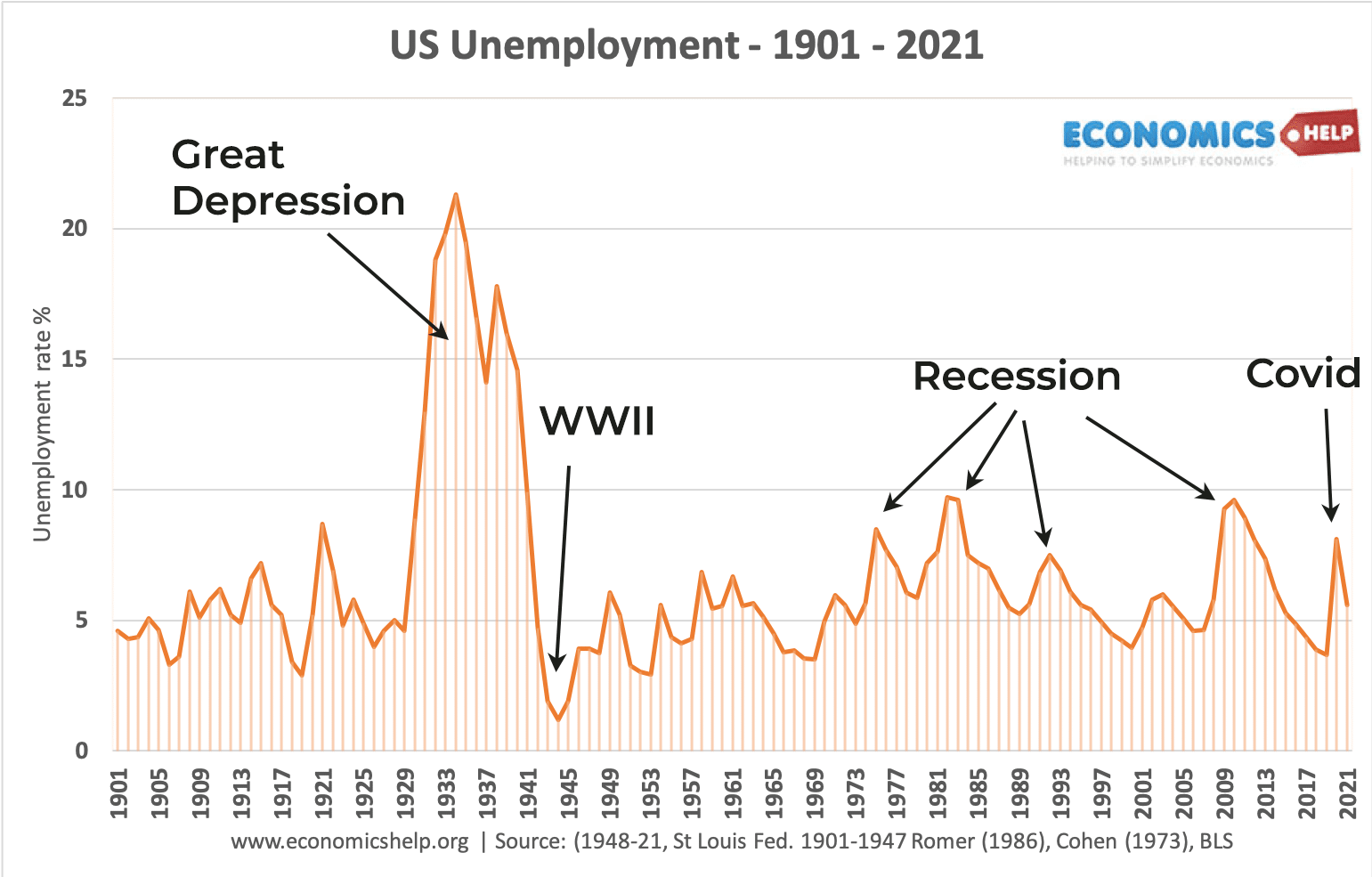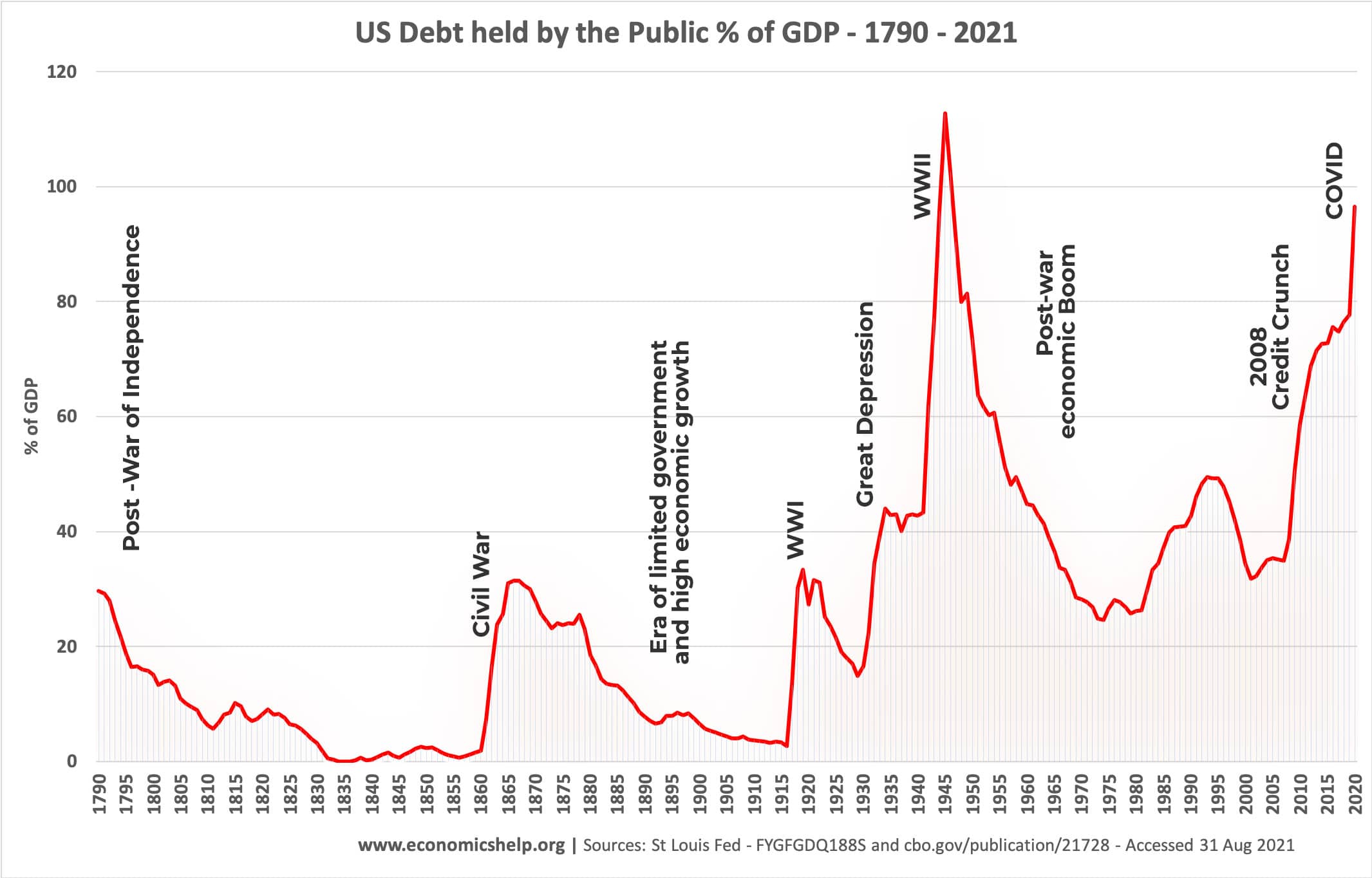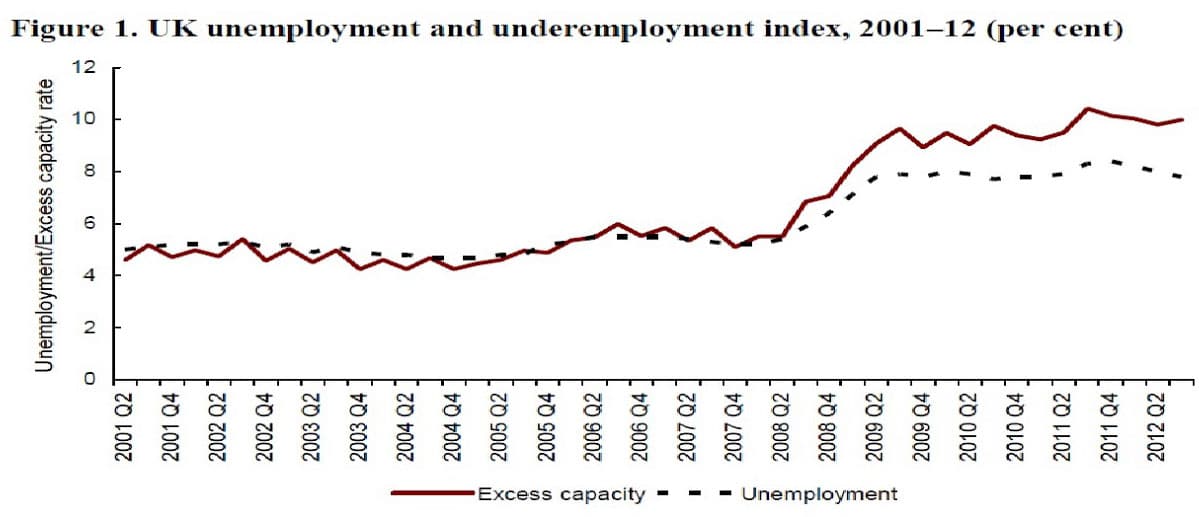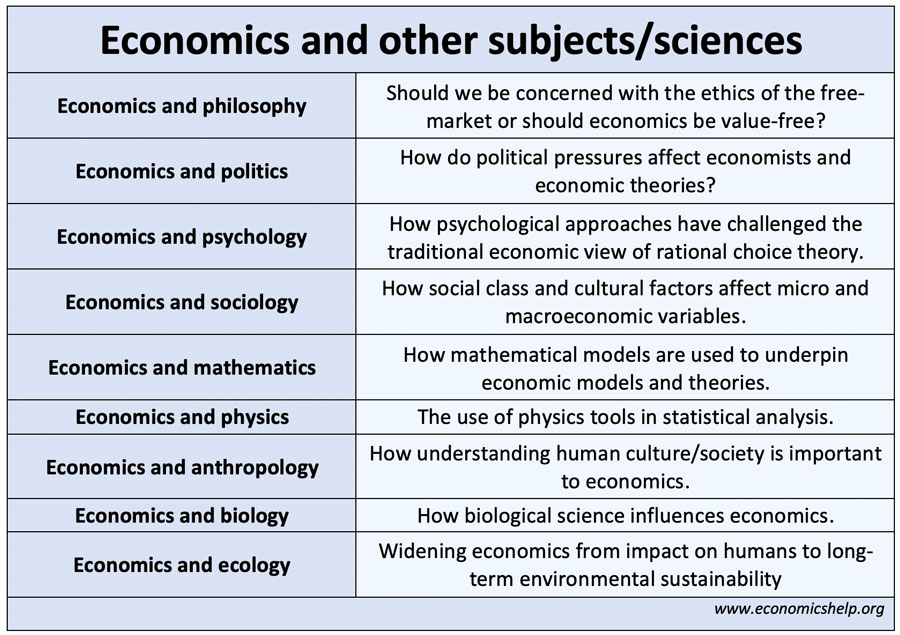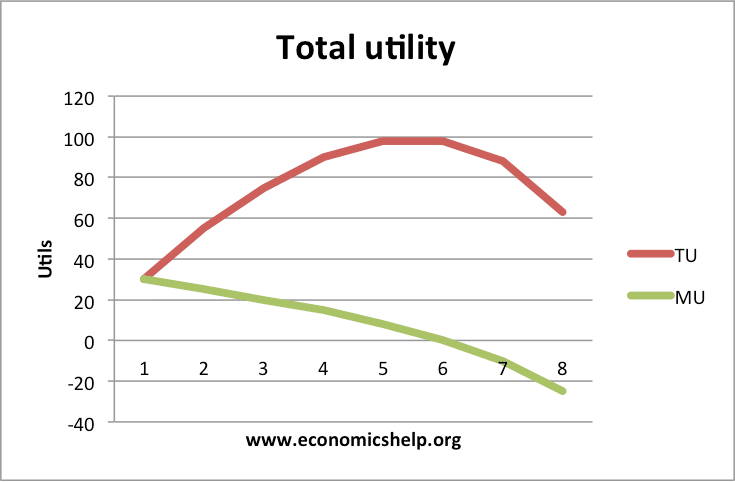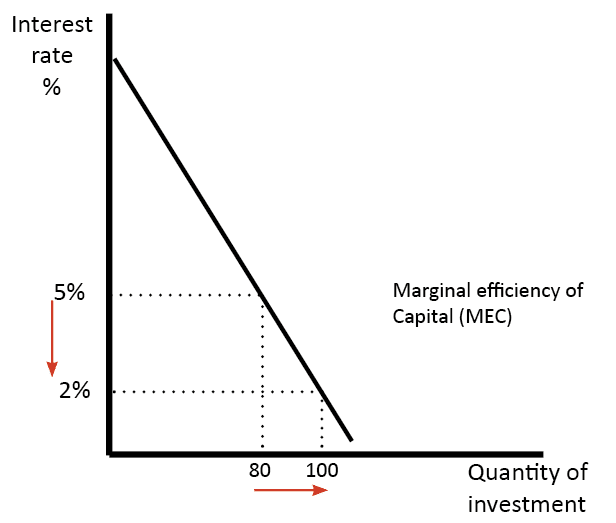Historical US Unemployment
Historical US Unemployment since 1900 Sources 1890-1920 data are from Christina Romer (1986). “Spurious Volatility in Historical Unemployment Data”, The Journal of Political Economy, 94(1): 1920-1930 Robert M. Coen (1973). “Labor Force and Unemployment in the 1920’s and 1930” 1930- 1948 Bureau of Labor Statistics, Employment Thanks to User Peace Generally, the US economy was …

